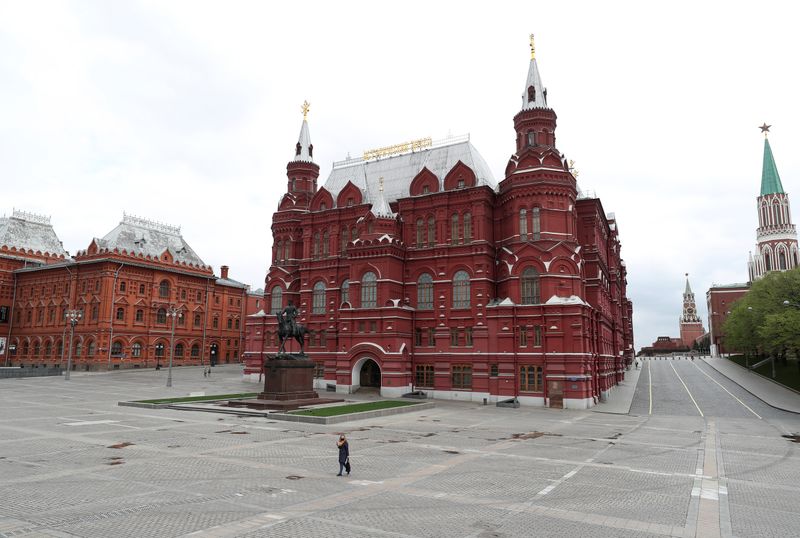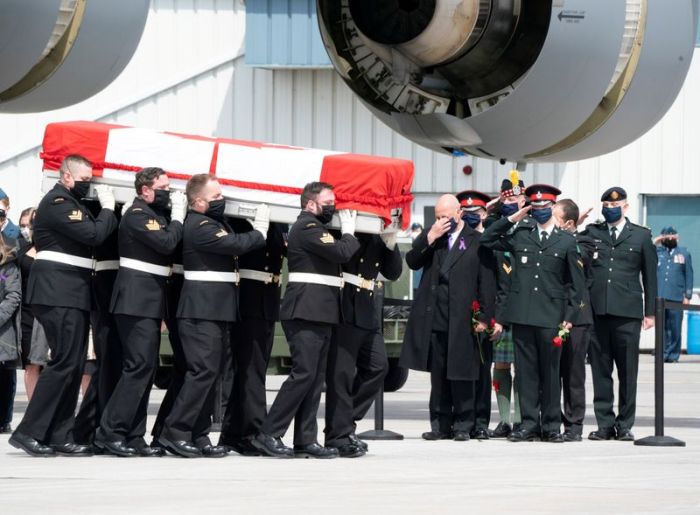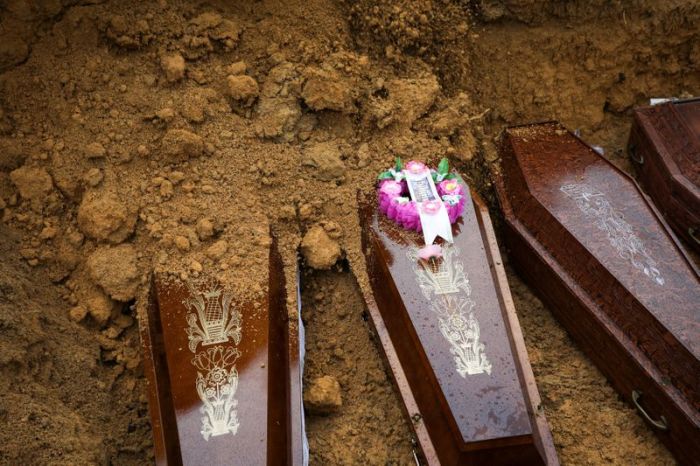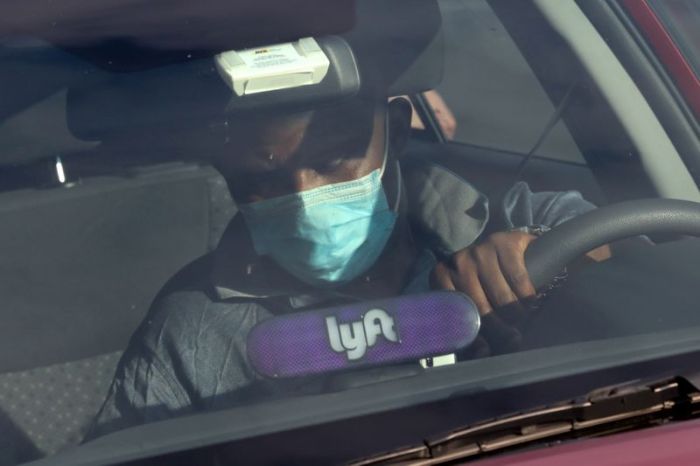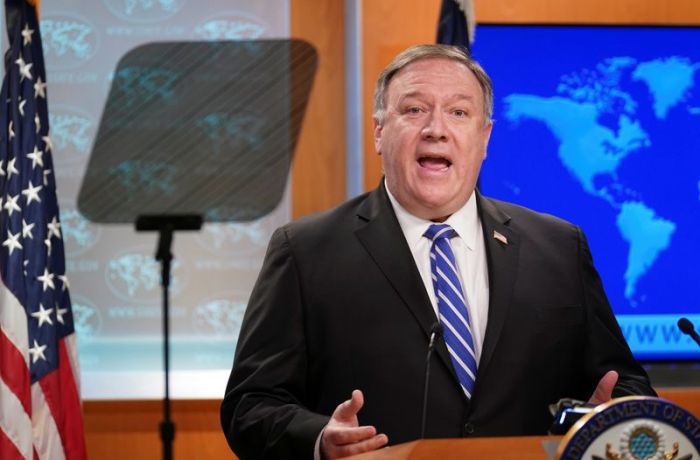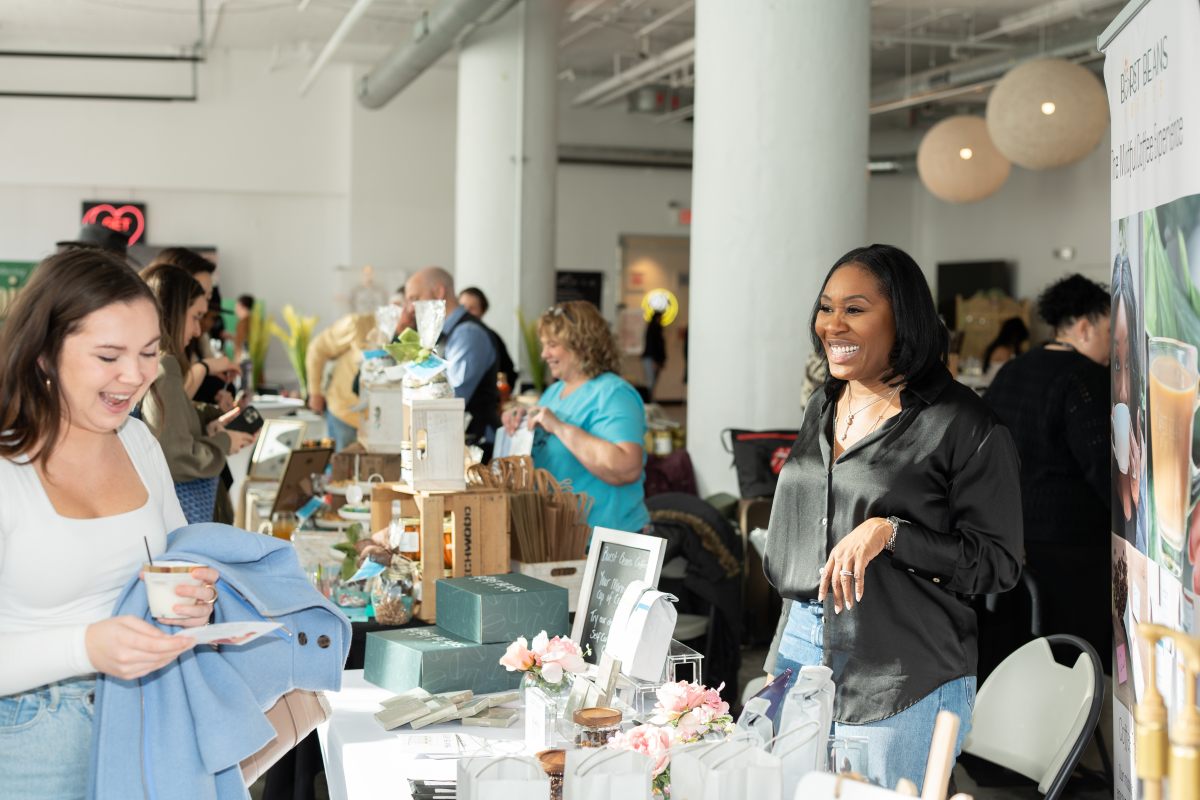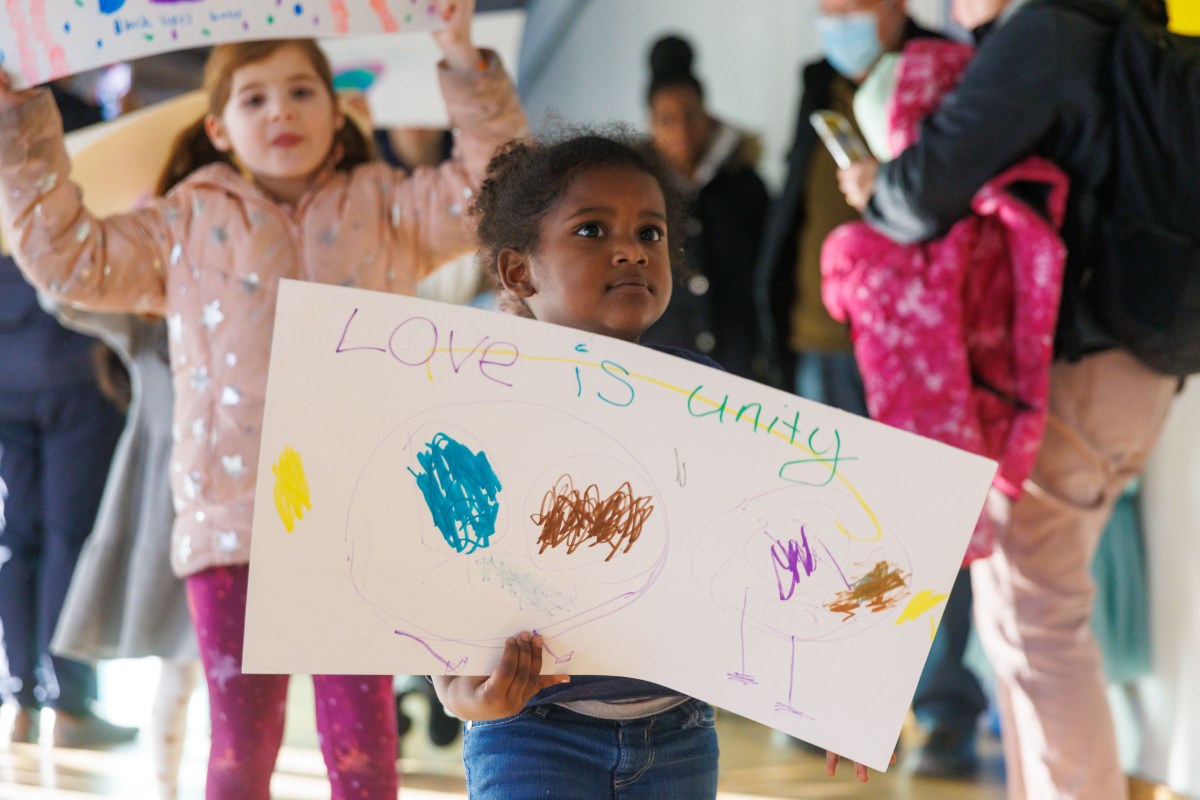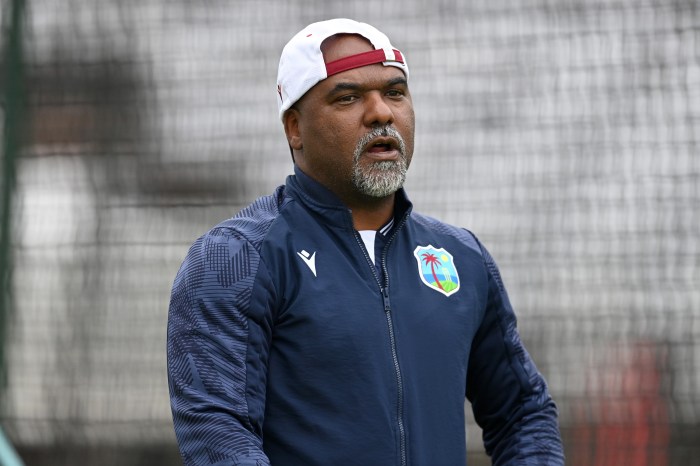MOSCOW (Reuters) – Russia’s coronavirus cases overtook France and Germany on Thursday to become the fifth highest number in the world after a record daily rise, and Moscow’s mayor said the real figure, not captured by official statistics, was much higher.
The official tally surged to 177,160, meaning Russia now has more registered cases than Germany or France, as the number of new cases of the novel coronavirus jumped by 11,231 in the past 24 hours.
More than half of all cases and deaths are in Moscow, the epicentre of Russia’s outbreak, which on Thursday reported a record overnight increase of 6,703 new cases, bringing its official total to 92,676.
But Moscow Mayor Sergei Sobyanin said research showed the real number of cases in the Russian capital was around 300,000, or more than triple the official figure.
Moscow’s health department said that late-stage testing for the coronavirus often produced false negative results and that more and more Muscovites displayed no symptoms or suffered only mild cases.
Sobyanin, a close ally of President Vladimir Putin, said the number of cases was rising steeply because authorities had doubled the amount of tests they were carrying out in Moscow. Nationwide, Russia says it has conducted over 4.8 million tests.
“The fact that we’ve identified so many sick people is a huge plus, not a minus,” Sobyanin told state TV. Identifying people who were infected meant they could be quarantined and the spread of the virus slowed, he said.
Russia’s official death toll, which remains far lower than in many countries — something that has been called into question by some Kremlin critics — rose to 1,625 on Thursday after 88 people died overnight, official figures showed.
Despite rising infections, Sobyanin said there were some encouraging signs and that the number of people being hospitalised in Moscow in the past two weeks had stabilised.
More people had been discharged than hospitalised on Thursday, he said.
Putin on Wednesday backed a plan put forward by Sobyanin to gradually begin lifting some lockdown restrictions after May 12, allowing certain industrial facilities to begin working.
Sobyanin said on Thursday that anyone who used public transport after May 12 would need to wear a mask and gloves to offset the risks that came with the partial easing.
Moscow and other Russian regions are in their sixth week of a lockdown. The capital’s residents have been told to stay at home except in certain circumstances, such as going out to buy food and medicine. They must obtain a digital permit to travel anywhere by public or private transport.
(Additional reporting by Gleb Stolyarov and Maria Kiselyova; editing by Larry King)

